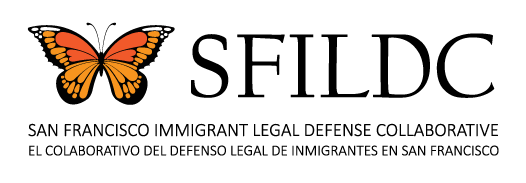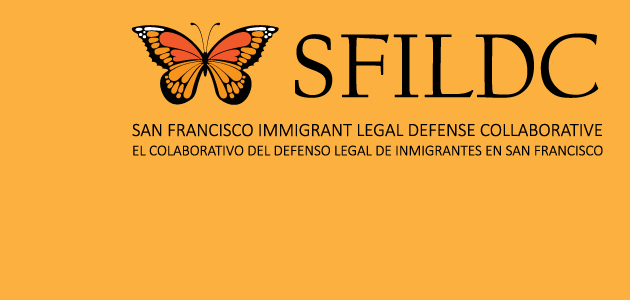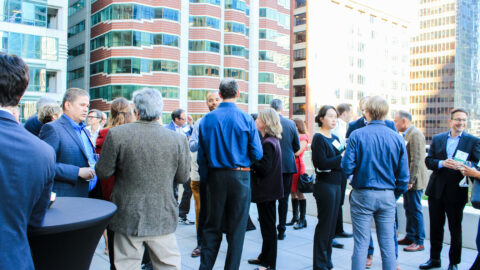 July 30, 2015, marked the one-year anniversary of the expedited dockets in San Francisco Immigrant Court.
July 30, 2015, marked the one-year anniversary of the expedited dockets in San Francisco Immigrant Court.
For the last year, in accordance with a memorandum issued by the U.S. Department of Justice, immigration courts nationwide have accelerated the deportation proceedings of all unaccompanied children and adults with children who entered the United States without a visa. Rushing court proceedings of these children and families has proven detrimental to their due process rights and their ability to find and afford qualified legal counsel. On this expedited timeline, even those who would qualify for asylum and other forms of immigration relief are at high risk of being deported from the United States and sent back to life-threatening conditions in their countries of origin.
One year ago, the media buzzed with reports of the “surge” of unaccompanied child migrants arriving at the U.S./Mexico border. Though media attention has subsided, the conditions of violence and instability in Central America that have displaced these migrants has not. Courts continue to prioritize deportation of these children. By example, in June 2015, there were 66 expedited dockets in San Francisco immigration court. Four of these were the initial appearances of unaccompanied children (UC), 10 were initial appearances of adults with children (AWC), and the other 52 were second, third, or fourth appearances of both UC and AWC respondents.
In response to this ongoing crisis, Bay Area attorneys are finding creative ways to serve respondents on the expedited dockets. In January, under grant funding provided by San Francisco, 13 advocacy organizations formed the San Francisco Immigrant Legal Defense Collaborative (SFILDC) in an effort to centralize and maximize representation of recently arrived migrants living in San Francisco. Though a boon for San Francisco residents, the majority of expedited respondents who reside in the Central Valley, particularly in Fresno, Sacramento, and San Joaquin counties are still grossly underserved.
BASF urges attorneys with experience or interest in deportation by defense to get involved either by taking a pro bono case or by joining BASF’s Attorney of the Day (AOD) panel. Attorneys of the Day provide same-day representation for unrepresented respondents at their master calendar hearings. The AOD role is just a half-day commitment, and the impact is immeasurable. BASF uses the in-court consultations conducted by AODs to place cases with pro bono and nonprofit attorneys for full-scope deportation defense.
To get involved, contact Adina Hemley-Bronstein at ahemleybronstein@sfbar.org.




